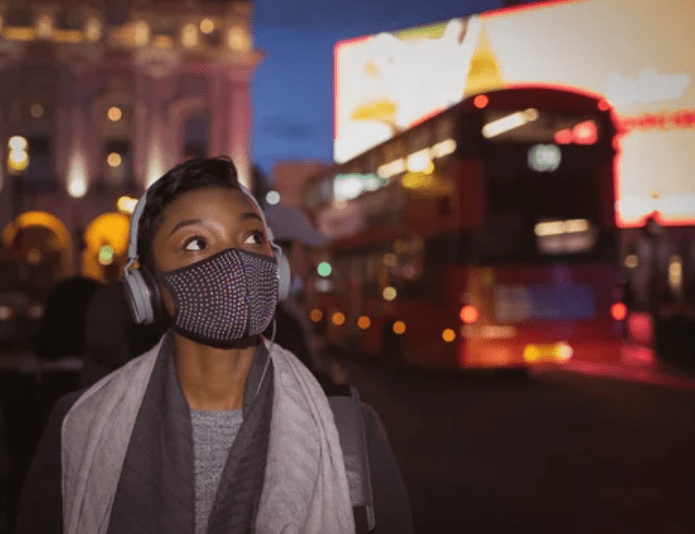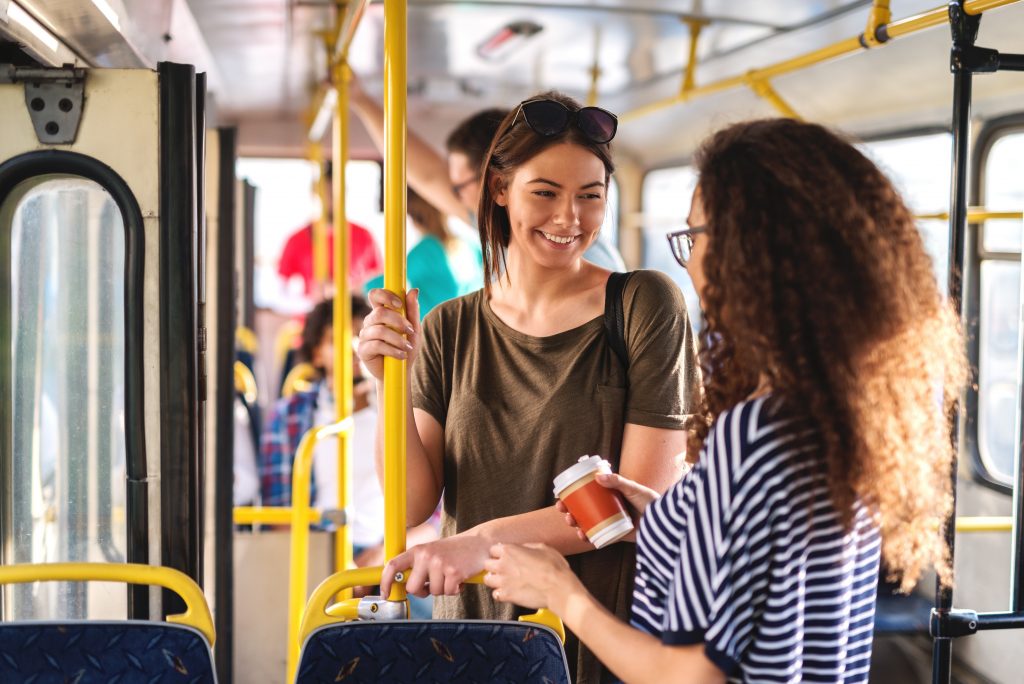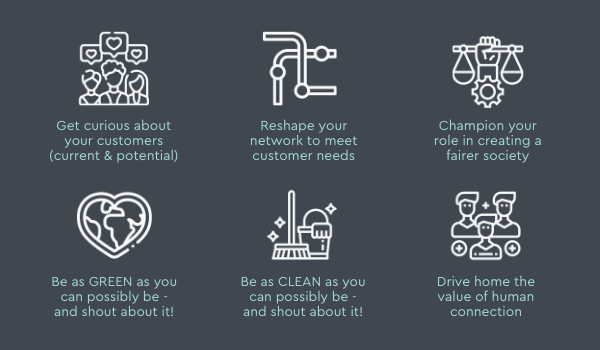
Getting back on board: seizing the opportunity to big up bus travel
By Carolyn Quainton in Behaviour, Customer, Transport
During the first coronavirus lockdown last year, the government spent millions urging people to avoid public bus transport. Unsurprisingly, people stayed home and stopped travelling on our buses and trains.
Now, as we emerge from the restrictions imposed by Covid-19, how do we reverse that message? How do we encourage people to return to public transport?
The transport landscape has changed
We’re not just trying to win back previous customers – we need to understand how their habits and needs have evolved. A great deal has changed, influencing the transport choices people now make:
Office workers are heading back to their desks, but many no longer commute five days a week. This shift affects the commuter market and how passengers want to pay for bus travel.
‘Active’ travel is on the rise. Councils are allocating more space to cycle lanes, and cities across Britain are trialling e-scooters. This could mean fewer cars – great news for buses due to reduced congestion. However, many cyclists and scooter riders used to be bus passengers.
The car still dominates. Usage has returned to pre-pandemic levels. With the rapid adoption of electric vehicles, drivers now feel they’re making environmentally responsible choices. While EVs reduce pollution, they don’t solve the issue of congestion.
The opportunities for bus operators
There’s plenty of good news for buses. During the pandemic, buses retained a higher share of traffic than rail. Operators have seen a steady return of passengers – and expect numbers to rise again as schools and universities reopen.

If any mode of public transport is set to thrive in 2021 and beyond, it’s the bus. Here’s how operators can make the most of the moment:
1. Get curious about your customers
Now’s the time to dig into meaningful customer research and identify key segments. What do your existing and potential passengers need from you?
By understanding these needs, you can tap into emerging markets – for example, the growing UK travel and leisure sector presents a great opportunity to promote buses as a cheaper, easier way to get around.
2. Reshape your network around customer needs
Bus operators can adapt quickly. If travel patterns have shifted, you can redesign routes and schedules faster – and more cost-effectively – than rail networks ever could. As transport correspondent Gwyn Topham puts it, a bus-based network offers far more flexibility in response to change.
3. Champion your role in creating a fairer society
A strong bus network supports social equality. The government’s new £3bn transport strategy has sparked a ‘bus revolution’ as part of its mission to ‘level up’ society. Many key workers and low-income groups rely on buses for daily journeys. The government knows that a lack of reliable bus services remains a key concern for voters.
4. Go green, and make noise about it
Green travel is the only way forward. We want our cities to thrive and our economy to recover – but we must reduce our environmental impact in the process.
Although the pandemic led many to return to cars, this moment offers a golden opportunity to champion cleaner alternatives. Embrace green vehicle technology, and don’t be shy about publicising your sustainability efforts.
5. Go clean, and make noise about that too
Cleanliness has always mattered to passengers – now it’s absolutely essential. Hygiene now ranks as highly as reliability. A recent Transport Focus survey revealed that non-bus users remain sceptical about cleaning measures on board. Make it crystal clear that you prioritise sanitation – and let your sparkling double-deckers do the talking.
6. Highlight the human connection
Buses offer more than a ride – they create moments of connection. A smile from the driver, a brief chat with a fellow passenger – these small interactions boost mental wellbeing.
In 2021, those ‘weak-tie’ connections have never been more important. Drivers can play a key role here – read our recent blog post to learn more.

How and why we can help you
We know the transport sector inside out. We’ve worked with bus operators at every level and understand the day-to-day pressures you face.
We’ll partner with you and your teams to build practical action plans that balance operational realities with real impact for your people and passengers.
Our industry-leading training programmes – Driving Force CPC and Driving Force Influencer – empower your drivers and supervisors to deliver exceptional service.
Talk to us, explore our website, read our blog, and follow us on LinkedIn to learn more and discover ways to grow a more successful business.


